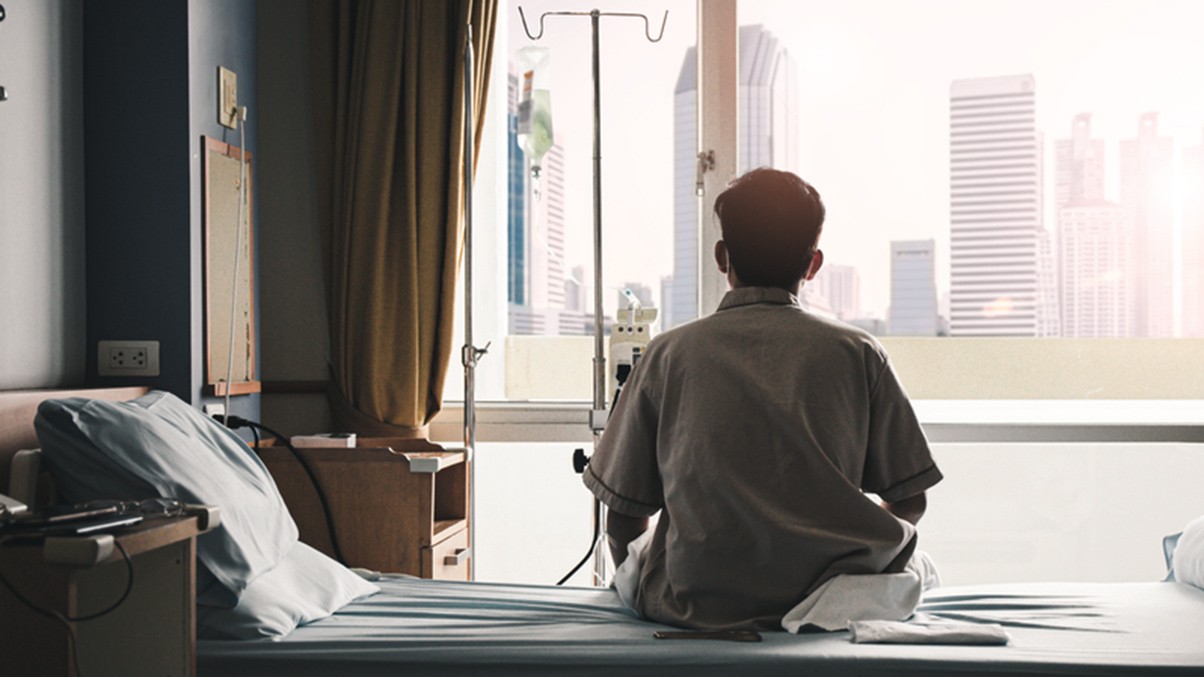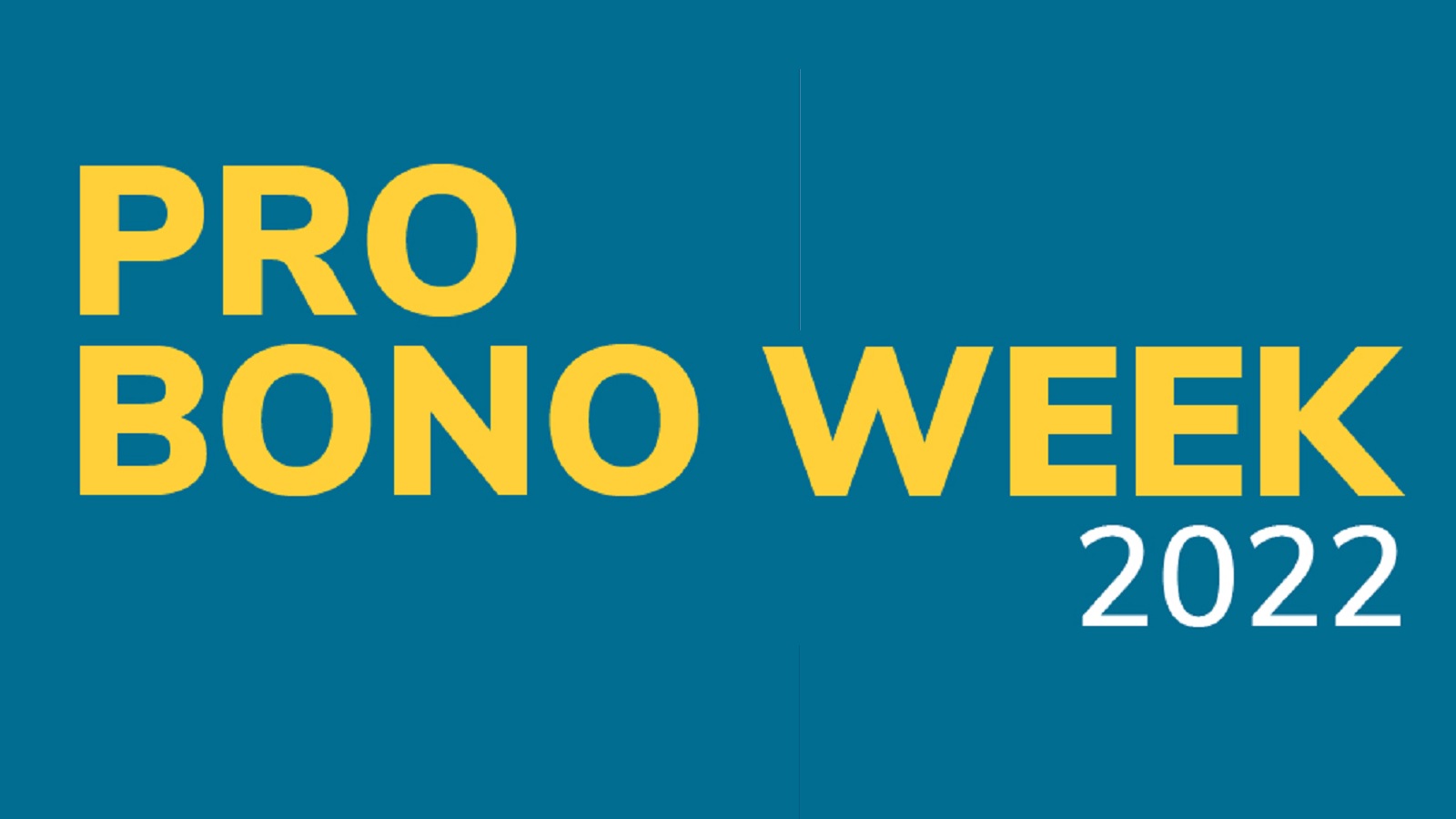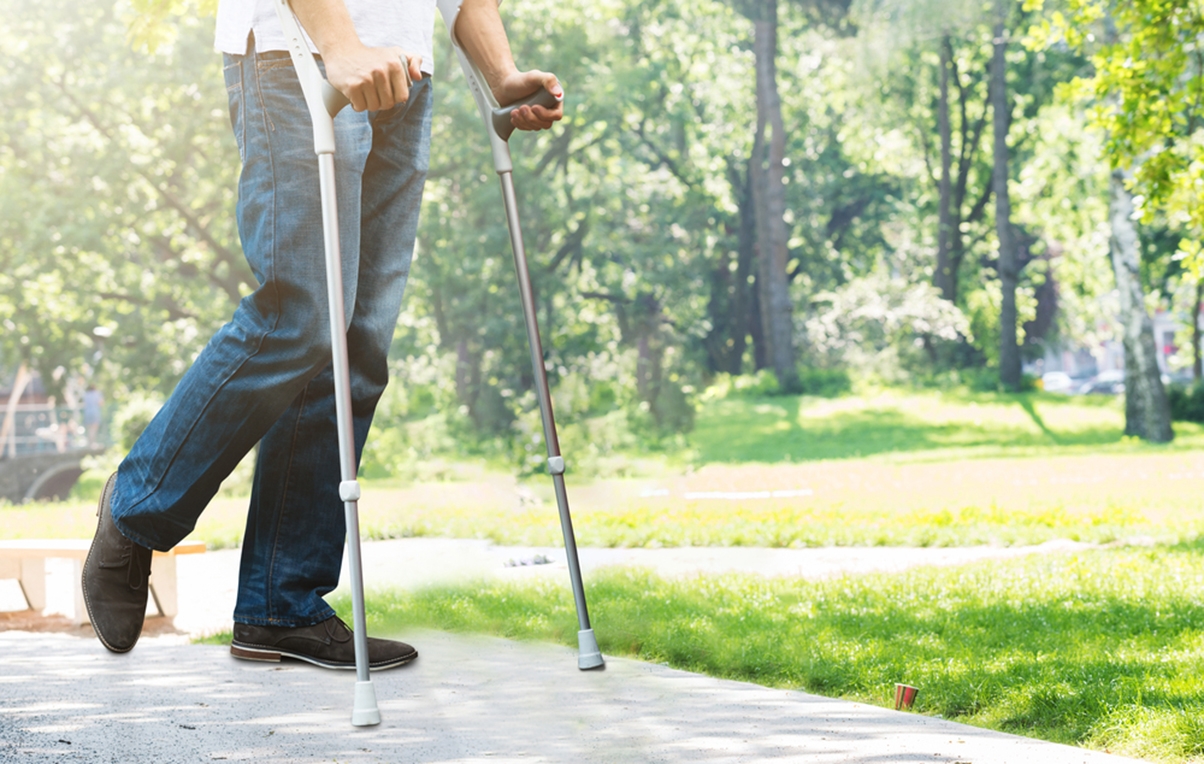Our Pro Bono team successfully assisted our client BM after the Department for Work and Pensions (DWP) failed to award him with the enhanced rate of Personal Independence Payment (PIP).
BM sustained a serious injury to the brachial plexus nerve of his right arm as a result of a motorcycle crash in 2015. The injury made it increasingly difficult to cope with everyday tasks; BM was also managing a mental health disorder.
How PIP claims are assessed
PIP is made up of two parts: daily living activities and mobility activities. To receive PIP, an individual has to be affected by a physical or mental condition that limits their ability to carry out some or all of the typical daily living and mobility activities. To determine entitlement to the daily living and mobility components, an independent health professional will assess the applicant in relation to their ability to complete a number of key everyday activities, ‘scoring’ them to determine the rate of PIP they are eligible for.
The standard rate of PIP is paid if a person’s ability to carry out activities is assessed as ‘limited’ and they are given a score between eight and 11 points. The applicant may receive an enhanced rate if their ability to carry out activities is assessed as severely limited and they score 12 points or more.
The DWP’s set list of 10 daily living activities to assess include the ability to prepare food, communicate verbally and make budgeting decisions as well as two mobility activities such as moving around and planning or following journeys. The assessor will measure the applicant’s ability to carry out each activity against statements called descriptors, which describe what a person can or cannot do. The person being assessed must be able to carry out the activity safely to an acceptable standard as often as reasonably required and in a reasonable time period.
BM’s appeal
BM was originally awarded the standard rate of PIP in April 2022. We supported him with a request for his situation to be looked at again, also known as a Mandatory Reconsideration. The DWP maintained their position and relied upon BM’s attendance at university to dispute any arguments that he had difficulty engaging with others and was unable to communicate verbally without prompting from others.
BM appealed further to the social security and child support tribunal of HM Courts & Tribunals Service (HMCTS). In this process, both the DWP and applicant make arguments before the tribunal makes a decision of whether to maintain the benefit award provided.
During his childhood, BM was diagnosed with Reactive Attachment Disorder (RAD), which is now considered a mental health condition. This condition affects the person’s attachment to others and their ability to sustain good and meaningful relationships. Throughout the PIP assessment process, BM maintained that the difficulties associated with RAD were overlooked by the DWP and that his need for supervision or assistance from others to complete simple everyday tasks was not explored.
In support of his appeal, BM provided medical evidence to the tribunal regarding the additional support he receives to perform at a level similar to his peers. The pro bono team also supported BM and his mother with a statement to be read before the panel to ensure he was confident and prepared for the hearing.
The result
BM’s appeal before the tribunal in October 2022 was successful. The panel agreed that the ongoing pain and stress caused by his injuries exacerbated the symptoms of his mental disorder. This result came as a relief to BM and his mother, and they are now seeking additional support from a counsellor to help BM manage his life with a life-changing injury.
Paralegal Shanice Browne contributed to this article
The Legal Service – We are here to help
The Legal Service, delivered by our pro bono team, provides patients with advice without obligation, for however long it takes to resolve the issue. Our support is available regardless of the circumstances of an accident and regardless of whether a patient has a personal injury claim.
In these difficult times, the concerns of our pro bono clients are likely to be more stark than those in more fortunate circumstances. The Legal Service will be available throughout the crisis to help in any way we can to ease the burden on our clients.
To get advice from The Legal Service, please contact Kara Smith by phone on 020 7822 8000 or by email at ksmith@stewartslaw.com.
You can find further information regarding our injury expertise, experience and team on our Personal Injury pages.
Subscribe – In order to receive our news straight to your inbox, subscribe here. Our newsletters are sent out once a month.






